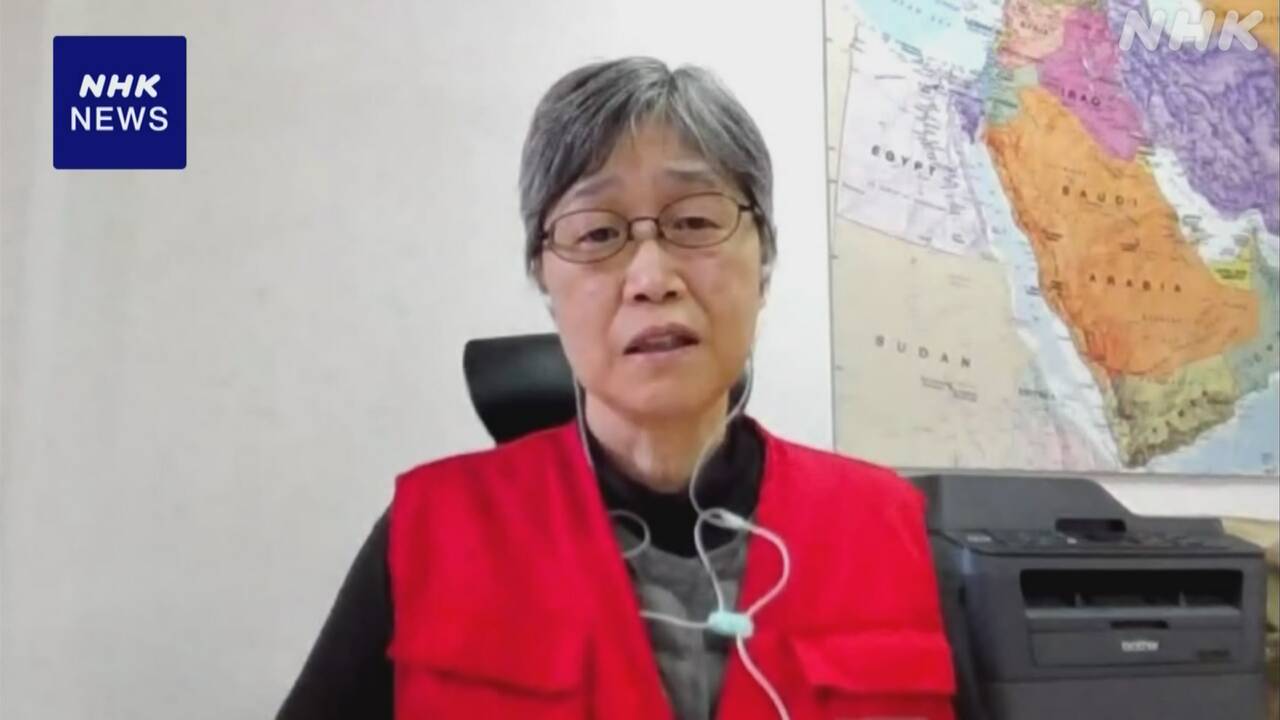Six days marks one year since the devastating earthquake that caused severe damage in Turkey and Syria. An employee of the Japanese Red Cross Society, who continues to work in the area, appealed, ``The current situation is such that it is difficult to say that recovery is progressing, and we would like to ask for your continued support.''
On February 6, last year, a magnitude 7.8 earthquake occurred in southern Turkey near the border with Syria, causing many buildings to collapse and killing more than 59,000 people in Turkey and Syria.
The Japanese Red Cross Society has been dispatching coordinators, pharmacists, and others since immediately after the earthquake, and among these, Miki Takahara, deputy director of nursing at Himeji Red Cross Hospital in Hyogo Prefecture, has been coordinating support projects in Syria since May last year. I am.
According to Mr. Takahara, there are many areas in Syria where conflict continues, and it is not possible to carry out activities as desired.Due to a lack of fuel to run large construction machinery, destroyed buildings remain as they are, and infrastructure reconstruction has not made any progress. is.
Mr. Takahara said, ``The situation on the ground can only be described as severe, and I hope that people will continue to take an interest in Syria and provide support.''
In addition, Hazuki Takeshita of the International Relief Division of the Japanese Red Cross Society conducted interviews with disaster victims in the area last month, and saw firsthand that the support needed to rebuild their lives, such as cash payments, was not being provided.
The local environment is over 40 degrees Celsius in the summer and well below freezing in the middle of winter, and although people are moving into temporary housing, she feels that it is not an adequate living environment.
In addition, even amid all this, some of the affected people expressed concern and prayers for those affected by the Noto Peninsula earthquake that occurred last month.
Mr. Takeshita said, ``We need long-term support, including psychological care, to support those who lost their loved ones and everything in their lives in a large-scale disaster.''

